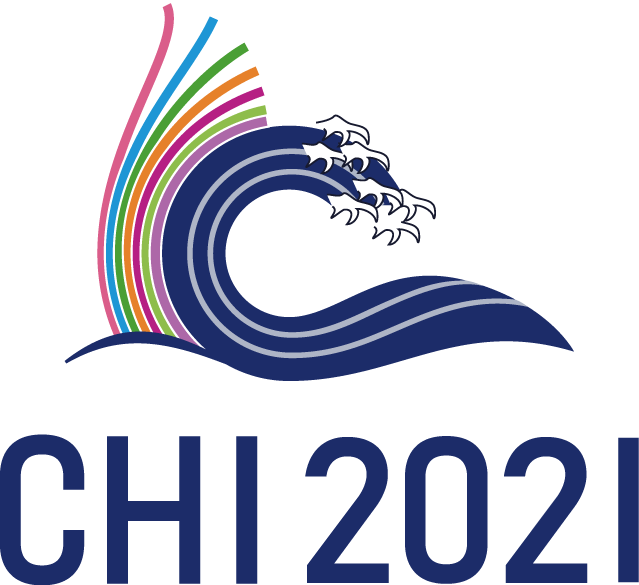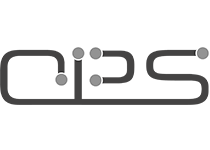CPS @ Virtual CHI 2021

This year, our research group was represented with two contributions at CHI 2021. The annual conference “Conference on Human Factors in Computing Systems” (short: CHI; pronounced ‘kai’) took place last week from the 8th to the 13th of May. Florian Jasche and Philip Weber presented their long papers (5-minute presentation followed by a 5-minute question and discussion session).
The internationally very renowned conference in the field of HCI was supposed to have taken place this year in Yokohama, Japan, but was moved to virtual space long before the start of the conference. This provides the advantage that the presentations have been recorded and made freely accessible. So if you are interested in the contributions, it is best to have a look at the linked presentations. The full long papers are also linked here in the article.
Comparison of Different Types of Augmented Reality Visualizations for Instructions by Florian Jasche, Sven Hoffmann, Thomas Ludwig und Volker Wulf
“It’s a kind of art!â€: Understanding Food Influencers as Influential Content Creators by Philip Weber, Thomas Ludwig, Sabrina Brodesser und Laura Grönewald
In addition, Thomas Ludwig and Philip Weber participated in the workshop “The Future of Human-Food Interaction”, where they were able to discuss the research results collected so far from the Rendezfood research project with the gathered international expertise in Human-Food Interaction. The workshop was the second most attended workshop at CHI. Hence, the strong attendance shows further the enormous interest and relevance of this emerging research field. The feedback gained and the new contacts made will certainly prove beneficial to the research project and future work.
Apart from a few technical problems, the virtual CHI conference ran smoothly. Nevertheless, after more than a year of the global pandemic, we would have liked to see better interaction possibilities for informal communication and, in particular, a technically more stable conference system, which is why the overall experience of CHI 2021, while certainly insightful and fruitful in many aspects, unfortunately also leaves behind a “but there could have been more” feeling. In particular, the networking opportunities offered by the organizers were often criticized. For example, a meetup of the AR and VR community with around 150 participants was organized spontaneously via Twitter. Here, different research projects as well as general research trends in the AR and VR field were discussed.
Of course, the German CHI Party must not be forgotten at the CHI. Accordingly, the party took place virtually via Gather.Town and was well received with more than 130 participants. The event was organized by the German CHI Research Community, an association of more than 30 HCI research institutions from German-speaking countries, with the goal of informal networking within the German-speaking community. We now hope that with the progressing vaccination campaigns a physical visit of conferences on site will be possible again soon.
By the way, it was announced that the CHI 2023 will take place in Hamburg! According to the current situation, next year’s conference will be held in New Orleans, USA.



